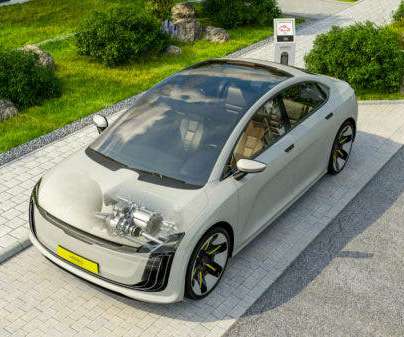UNEP study: small number of measures targeting black carbon and tropospheric ozone could yield immediate climate benefits
Green Car Congress
FEBRUARY 22, 2011
Black carbon and tropospheric ozone are harmful air pollutants that also contribute to climate change. Reducing black carbon and tropospheric ozone now will slow the rate of climate change within the first half of this century, the study said. Click to enlarge. °C (within a likely range of 0.2-0.7












Let's personalize your content